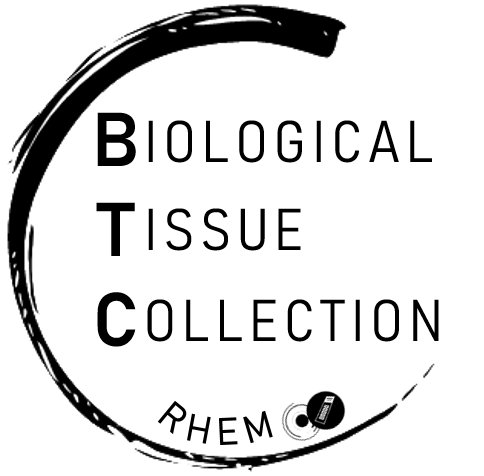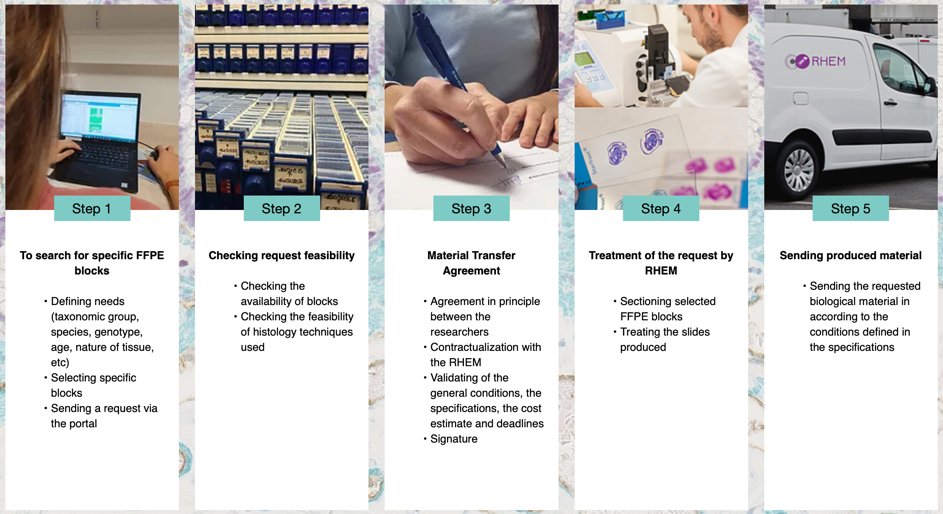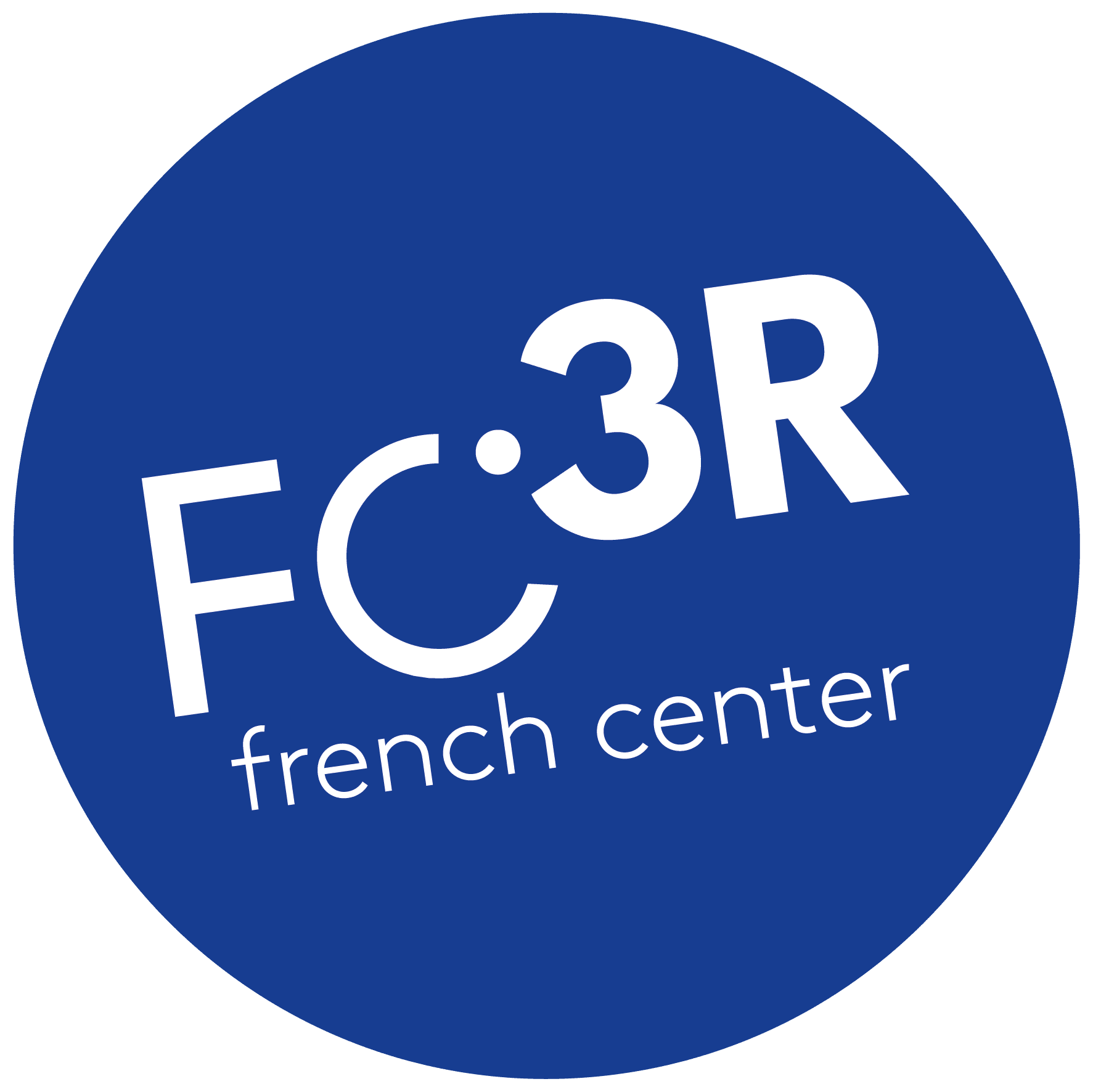

This article was co-authored by the GIS FC3R and the Gircor (Groupe interprofessionel de Réflexion et de Communication sur la Recherche)
On March 24, the launch of one of the first projects co-financed by the FC3R took place online: a bank of biological tissues from pre-clinical models entitled "BTC" (for Biological Tissue Collection). We met with Nelly Pirot, operational manager of the "RHEM" platform (for Réseau d'Histologie Expérimentale de Montpellier), and Alicia Seguin, engineer in charge of managing the BTC.
Like the human bio-banks that make patient biopsies available to medical research, this project - supported by the RHEM platform - consists of sharing biopsies from animal models of human pathologies between researchers around the world. 25,000 biological samples, mainly from pre-clinical models belonging to Montpellier researchers and preserved in paraffin blocks, are thus made available to the academic and private scientific community. These samples are 99% from preclinical models: genetically modified mice (GMO) and mouse models of human pathologies. 75% of these models concern projects related to cancerology; the remaining 25% concern other pathologies (such as osteoarthritis, endometriosis, etc.), the study of development, bacterial and viral infections, etc.

Once the samples are collected and fixed, they are embedded in paraffin and can be cut and placed on slides. The slides are then treated by staining or immunostaining. Finally, these slides are digitized. A laboratory management software (LIMS: Laboratory Information Management System) allows the researcher to trace all the information of the sample and the model from which it comes (species, genotype, organ, orientation of the section, possible treatments...). This recorded information is part of the database which can be easily consulted with very precise sorting criteria, via a web portal specially designed in English to be used by the international scientific community: https://btc.rhem.cnrs.fr/

Interested parties can indicate their needs, consult the blocks that meet them and send a request for those that interest them. It is possible to order blank slides, or to add histology services (staining, marking, etc.). After checking the availability and feasibility of the request, an MTA (Material Transfer Agreement) is drawn up between the researcher who owns the block and the requesting researcher. As soon as it is signed, the requested slides are prepared by the RHEM platform and sent.

The BTC thus aims to streamline biomedical research by:
1. fostering scientific collaborations through the sharing of biological material,
2. promoting ethical and responsible research by replacing animal experiments with the use of already generated tissue
3. Saving time and money by avoiding replication of already performed experiments,
4. consequently reducing the number of animals used.
Numerous developments are already envisaged for the BTC: the inclusion of other species, other models notably in oncology (tumor grafts from cell lines or patient biopsies -PDX- on immunocompromised or immunocompetent mice, but also alternative models such as spheroids, tumoroids and organoids... ), query by pathology, link to scientific publications, implementation of "virtual slides", collaboration with other French histology platforms thanks to LIMS interoperability, etc.
